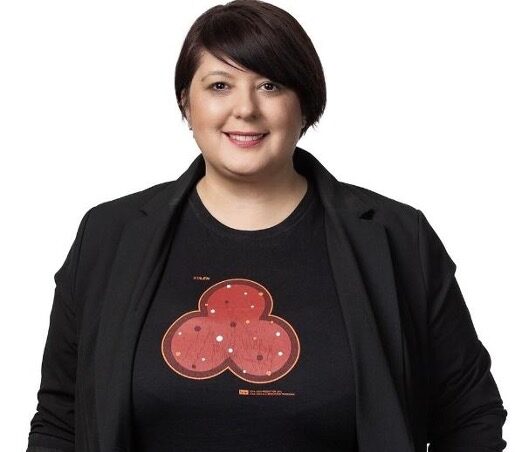The Progressive Post
Croatia’s super election year starts with a possible sharp turn to the right

The key player in Croatia’s most uncertain parliamentary elections is the far-right party ‘Homeland Movement’, whose participation in a governing coalition over the next four years could determine whether Croatia will take a sharp turn to the right.
With the largest voter turnout since 2000, last week’s parliamentary elections in Croatia still remain with an uncertain outcome as no political party has a clear majority. The Croatian Democratic Union (HDZ), a conservative, centre-right political party that has been in power for the last eight years, is a relative winner with 61 seats in the Croatian Parliament, while the Social Democratic Party of Croatia (SDP) and its coalition partners won 41 seats. The left-wing, green party Možemo! gained 10 seats, and the centre-right party Most 11. The far-right Homeland Movement (DP) came as a major upset of the elections with 14 seats, thus becoming the key player for both HDZ and SDP, who are trying to reach the minimum of 76 representatives needed to form a majority and select the speaker of the Croatian Parliament.
These parliamentary elections were the most unusual ones thus far. First, Croatian president Zoran Milanović, who has been very vocal against the ruling HDZ and Prime Minister Andrej Plenković, placed the election day on Wednesday, rather than the usual Sunday. This was followed by an unexpected announcement that Milanović would lead the opposition SDP to challenge Plenković. This announcement created quite a shock on the Croatian political scene, as no sitting president in Croatian history has ever publicly sided with a political party in parliamentary elections. Faced with a possible constitutional crisis, the Constitutional Court got involved, stating that, as president, Milanović must first resign if he wishes to participate in the elections, which he declined to do.
These elections drew out almost 70 per cent of the voters, with a high increase of young voters registered at the polls, but the outcome was not what the public expected. Even though the research and the polls conducted over the past several weeks indicated that the leading HDZ would win a majority of seats, the general expectation was that Milanović entering the campaign would give a boost to the party coalition around SDP and give them the chance to form a left-centrist government after eight years of HDZ in power.
Although there is a slight possibility that SDP, with its partners, minority representatives and other coalition partners, might form a majority, the most likely outcome of the negotiations is another four-year term for HDZ, with DP as the main coalition partner, which would imply for Croatia to take a sharp turn to the right, as, together, they have 75 seats in parliament, and would only need one more to form a majority. That one MP should not be too difficult to find as there are eight minority representatives, two independent and a centrist one.
During the previous term and the campaign that is behind us, DP has made clear that their main ideological policies will focus on an education reform, the ‘Croatisation’ of the public space, introducing what they call a ‘patriotic spirit’ in every sphere of society, teaching the ‘real truth about Croatia’ in schools, as well as abolishing the ‘Yugoslav cultural mix’ in public space. This means that the DP would focus on revising history textbooks and removing certain reading materials in elementary and secondary schools, which they accuse of ‘propagation of sexual ideology’, something believe is morally unacceptable. The gravest concerns with DP’s participation in government certainly lie in the area of gender equality, women’s rights and human rights in general.
In its programme, DP advocates for a ‘compensation’ that would stimulate educational and domestic work by mothers, at least until the youngest child starts school, which would, according to them, result in an increase in the number of children per family. However, essentially, this is a way to tie the mothers to their households in order to have large families.
One key components of the DP’s programme that they might insist on as HDZ’s coalition partner is the un-ratification of the Istanbul Convention, which has been in force in Croatia since 2018. In addition, DP calls for a complete removal of what they call ‘gender ideology’ in all of its forms from the earliest childhood, as well as of the promotion of gender transition.
As the negotiation process only started a few days ago, the final outcome is still uncertain. If DP is unwilling to step down from some of their requests, for example, for members of the Serbian minority to be excluded from a government coalition or any other requests that would jeopardise HDZ’s stand within the European Union, a re-run of the elections is not an unlikely option.
Photo credits: Shutterstock.com/AlexandrosMichailidis




